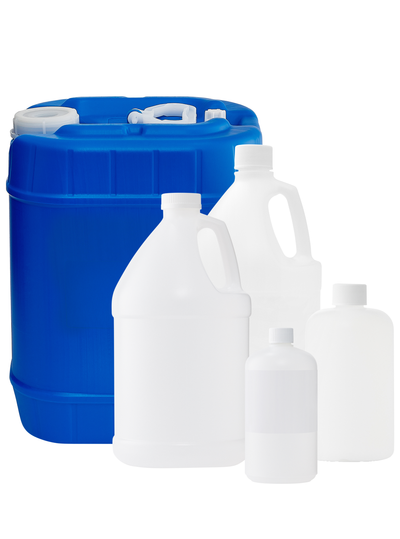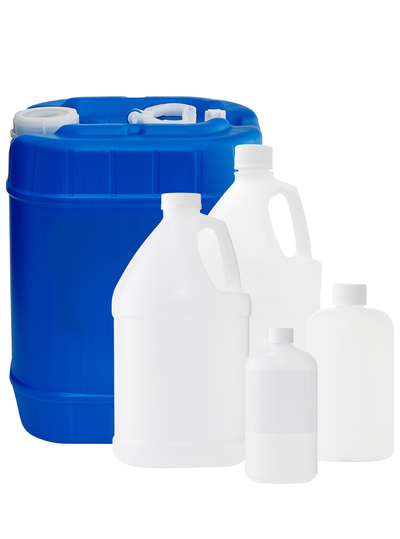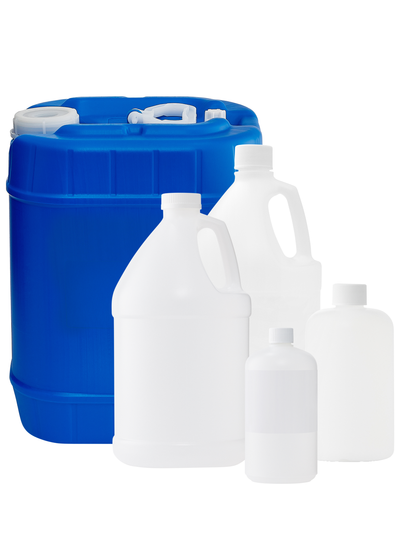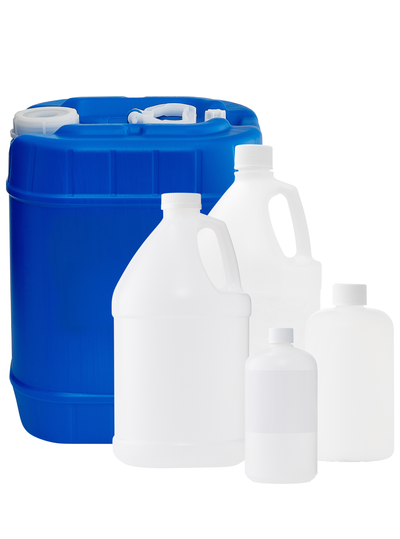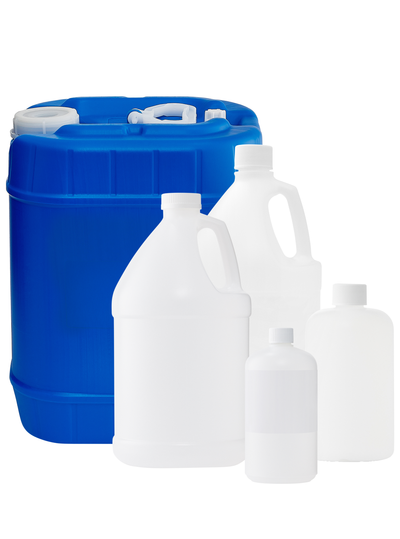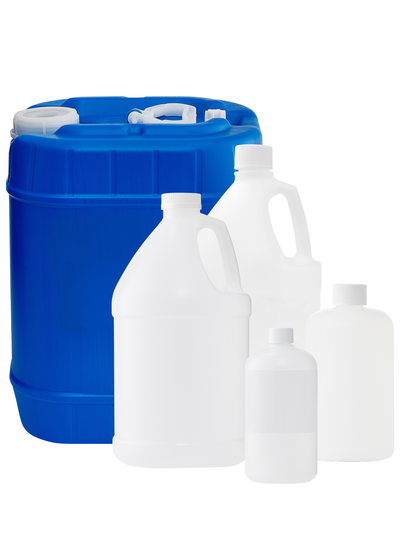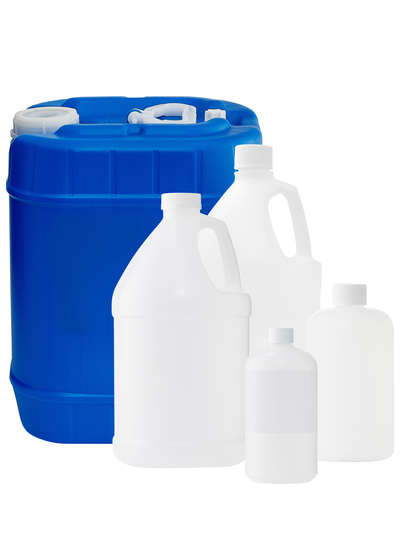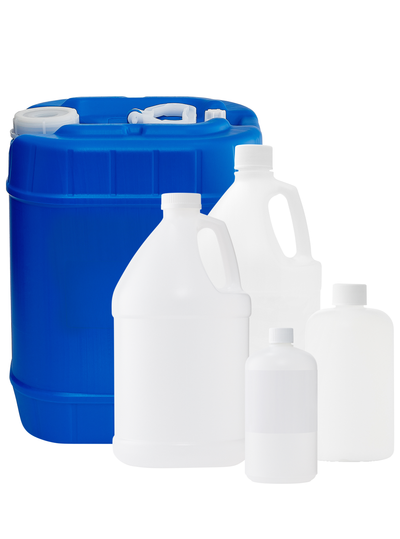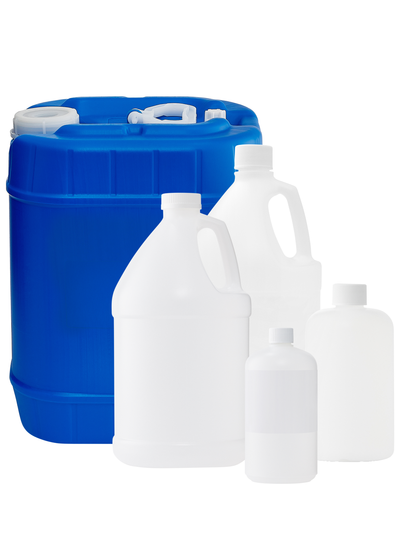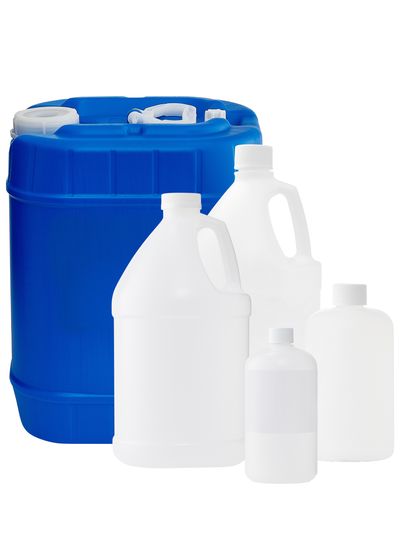
Business Support
Lead Subacetate ACS Grade
For questions regarding lead time, please contact a member of our Customer Care Team at customercare@laballey.com
Business Support
Description
About Lead Subacetate ACS Grade
Lead Acetate, also known as has the chemical formula C4H10O8Pb3. It is an inorganic compound and appears as a white dense powder. It is completely soluble in Water at ambient conditions. Lab Alley’s Lead Subacetate is highly pure and acts as a poisonous basic salt specially used in a solution as in Goulard’s extract. They generally react as acids to neutralize bases. The ACS Grade is generally equivalent to the reagent grade and is acceptable for use in analytical applications and research laboratories. In the United States of America (USA), Lab Alley is selling its high-quality, Lead Subacetate, ACS Grade online at laballey.com. Due to its high purity Lead Subacetate, ACS Grade is highly recommended for labs and commercial applications.
COMMON USES AND APPLICATIONS
- Sugar analysis
- Oxidizing agent
- Food and beverages industry
PRODUCT INFORMATION
Customer Reviews and Q&A
Safety and Shipping
Lead Subacetate, ACS Shipping Information:
DOT: Lead compound, soluble, n.o.s. (lead subacetate), 6.1, UN2291, PG III
Please contact us to request a Safety Data Sheet (SDS) and Certificate of Analysis (COA) for Lead Subacetate, ACS.
Business Support
Built for Business.
At Lab Alley, we simplify procurement with custom quotes, credit applications, tax exemptions, and fulfillment support, ensuring on-budget, on-time delivery - your success is our priority.
Apply for Credit
A Lab Alley credit account streamlines purchasing for your business. Our Customer Success Team is available to help you through every step of the process.
Request a Custom Quote
Get a fast, customized quote tailored to your specific needs. Our team ensures accurate pricing and availability to help streamline your purchasing process.

Additional Business Resources
Lab Alley provides access to essential certifications, documents, and other resources to support your business.

Create a Lab Alley Account

RECEIVE exclusive offers, promotions, and discounts on chemicals.

Always have the product you need, when you need it with our AUTOSHIP program.


